
Our Company
Locations
Contact Us
Newsletter
Sign up to receive email updates on the latest products, collections and campaigns.
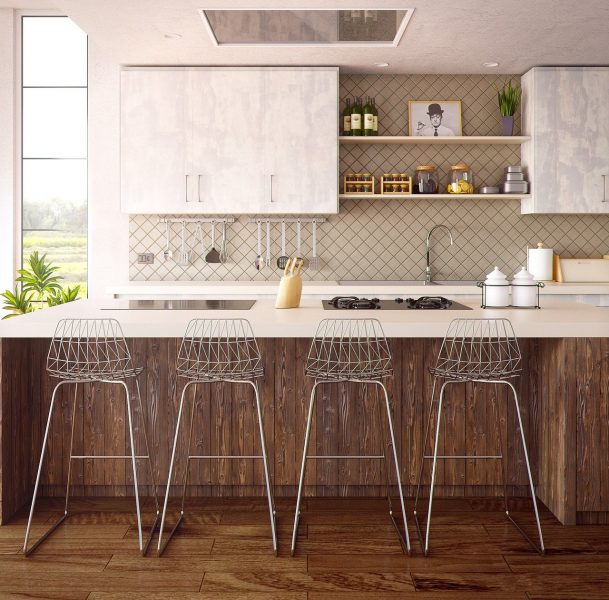
The kitchen after the Coronavirus is an issue we can’t stop thinking about. This pandemic that has changed our whole world and the normality as we used to know it came to highlight a series of hygiene standards that although have always existed, today find the perfect breeding ground to become stronger.
However, beyond the simple act of cooking, cleaning the area or the strictness when it comes to washing food, the basic practice of eating and doing all these activities as a family are, according to experts, important in times of confinement. Furthermore, the experts add that “perfoming activities as a team at home reinforce the sense of wellbeing among household members, which helps attain psychological stability.”
But how would our lives be afterwards? What should the dynamics be like in a room that’s especially crowded and with such need for cleanliness after the pandemic stabilizes? These are questions that both architects, epidemiologists and heads of households are asking themselves. Here, we share some answers.
What will come after the confinement?
Many architecture websites are already talking about what will become important in terms of the design of a space after the COVID19 crisis is over. Spaces with large windows so that the sunlight and wind can circulate freely, buildings with fewer floors and whose elevators and doors can be operated through smartphones and houses with larger rooms and kitchens, are some of the features that will be exploited in post coronavirus constructions.
“The coronavirus will affect all areas of life as well as our own homes in relation to the safety and protection of the people we live with and also in relation to those who work in our homes or visit us,” explained Dani Blanch, urban planner and co-founder of Knowhaus in an interview he offered to the magazine El Mueble.
In fact, the renowned urban planner recognized that from now on the kitchen will be the most important area of the house. The expert said that the space called “the heart of the home” had demonstrated -during the days of confinement- that it’s a place that provides calm, stability and makes us feel good because it’s there where spend time with the family, so he believes that architects will bet on better designs for the kitchen as a result of this.
On the other hand, the renowned architect, María José Peñalver, stated to the website Invertia that her colleagues around the world are in “a period of reflection or instrospection to observe all the deficits or weaknesses that exist in the place where we live at.” Peñalver also pointed out that the need to rethink the interior space and make it more flexible has originated from this crisis.

Hygiene dynamics
But not everything relates to the current or future design of the kitchens. This pandemic has also made us reflect on the importance of the strictness of hygiene standards at home and especially in the kitchen.
In addition to resuming the sacrosanct habit of washing our hands before eating and after arriving home, during this pandemic we have learned how important are time and form when it comes to that simple activity. In fact, great chefs are like surgeons, they wash their hands well before “operating” in the kitchen. So washing your hands methodically and for a minimum of 20 seconds is an excellent practice that will stay in kitchens after the coronavirus.
But what are other things that will change in our kitchen after this pandemic? Here are some of them:
Definitely, in the future the kitchen will be a space quite different from what we know today after the Coronavirus.

Sign up to receive email updates on the latest products, collections and campaigns.
Carrera 9 Nº80-45
Bogotá D.C., Colombia
Monday to Friday: 11:00 a.m. - 07:00 p.m.
Saturday: 11:00 a.m. - 06:00 p.m.
(+571) 432.7408/7493

Calle 77 #72-37
Barranquilla, Colombia
Monday to Friday: 08:00 a.m. - 06:00 p.m.
Saturday: 09:00 a.m. - 01:00 p.m.
(+57) 605 352 0851
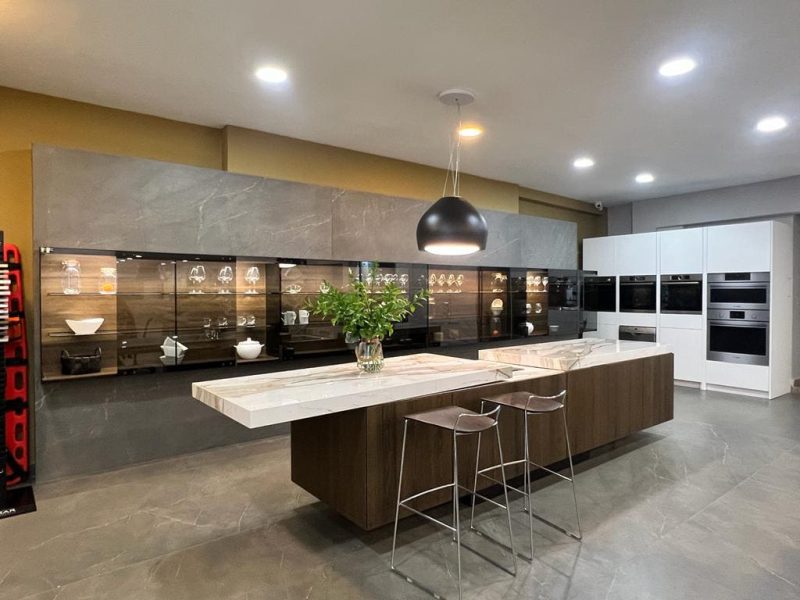
Edificio La Cuisine
Costado Suroeste, C.C. La Paco
Escazú, Costa Rica
Monday to Friday: 09:00 a.m. - 05:00 p.m.
Saturday: 10:00 a.m. - 04:00 p.m.
(+506) 4000.3555

Galerías de Puntacana No. 51
Punta Cana, La Altagracia, R.D.
Monday to Friday: 09:00 a.m. - 06:00 p.m.
Saturday: 10:00 a.m. - 01:00 p.m.
(809) 378.9999

C/Rafael Augusto Sánchez No.22,
Piantini, Santo Domingo, R.D.
Monday to Friday: 09:00 a.m. - 06:00 p.m.
Saturday: 09:00 a.m. - 01:00 p.m.
(809) 378.9999
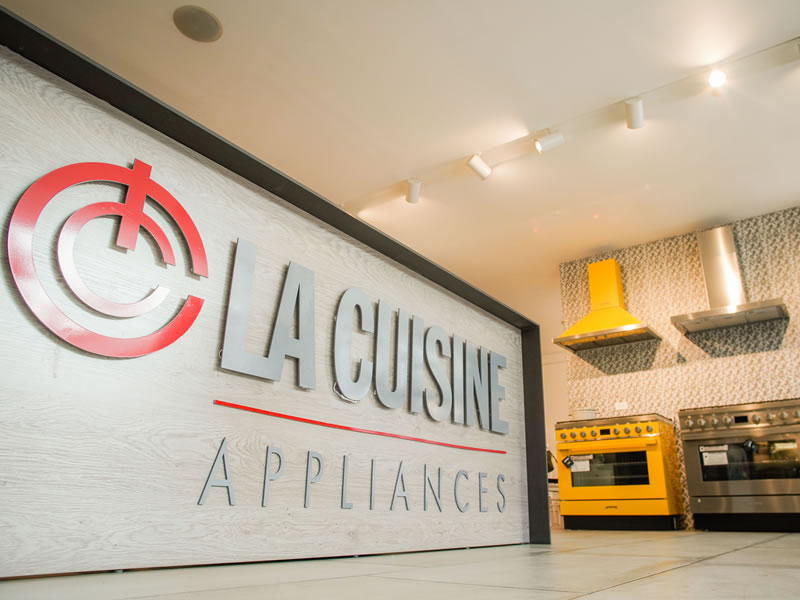
18187 Biscayne Bvld., Aventura
FL 33160
Monday to Friday: 10:00 a.m. - 06:00 p.m.
Saturdays by appointment.
(786) 322 5432
www.lacuisineappliances.com
sales@lacuisineappliances.com

3232 Coral Way,
Miami FL 33145
Monday to Friday: 10:00 a.m. - 06:00 p.m.
Saturday: 10:00 a.m. - 03:00 p.m
(305) 442-9006
www.lacuisineappliances.com
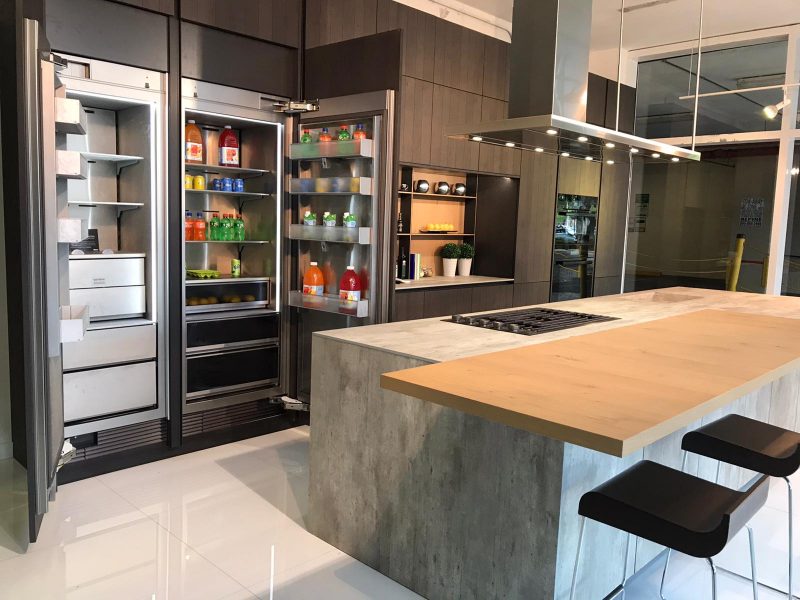
2005 NW 115th Avenue
Miami, FL 33172
Monday to Friday: 09:00 a.m. - 05:30 p.m.
Saturday: Closed
(+1) 305 418.0010
info@lacuisineinternational.com
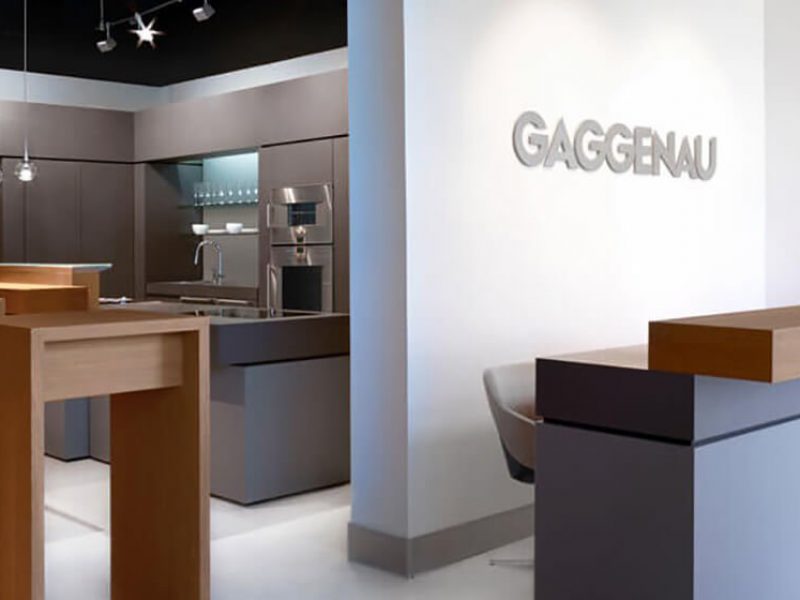
Obarrio. Av. Samuel Lewis,
Addison House Plaza,
Local No.11, Panamá
Monday to Friday: 09:00 a.m. - 06:00 p.m.
Saturday: 10:00 a.m. - 04:00 p.m.
(+507) 265.2546/2547

Av. Caminos del Inca 1603,
Santiago de Surco, Perú
Monday to Friday: 10:00 a.m. – 07:00 p.m.
Saturday: 10:00 a.m. – 01:00 p.m.
(+511) 637.7087

Centro Comercial San Ignacio, Nivel C, local No.5
Caracas, Venezuela
Monday to Saturday: 10:00 a.m. – 07:00 p.m.
(+58) 212 264.5252
(+58) 414 018.5352 (Wholesale)
ventas@lacuisineappliances.com

Complejo Pradera Ofibodegas No.13,
20 calle final Z. 10 Km. 6.8 Carretera a Muxbal,
Santa Catarina Pínula, Guatemala
Monday to Friday: 08:00 a.m. - 05:30 p.m.
Saturday: 09:00 a.m. - 12:30 p.m.
(+502) 6671-3400
